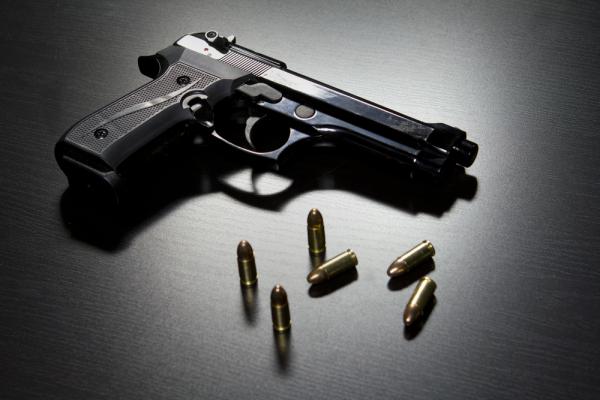Jun 4, 2015
From 2001 through 2012, 6,410 women were murdered in the United States by an intimate partner using a gun. That is more than the total number of U.S. troops killed in action during the entirety of the Iraq and Afghanistan Wars combined.
Guns are used in fatal intimate partner violence more than any other weapon. Of all the women killed by intimate partners during 2001-2012, 55 percent were killed with guns.
Read the Full Article

Already a subscriber? Login
